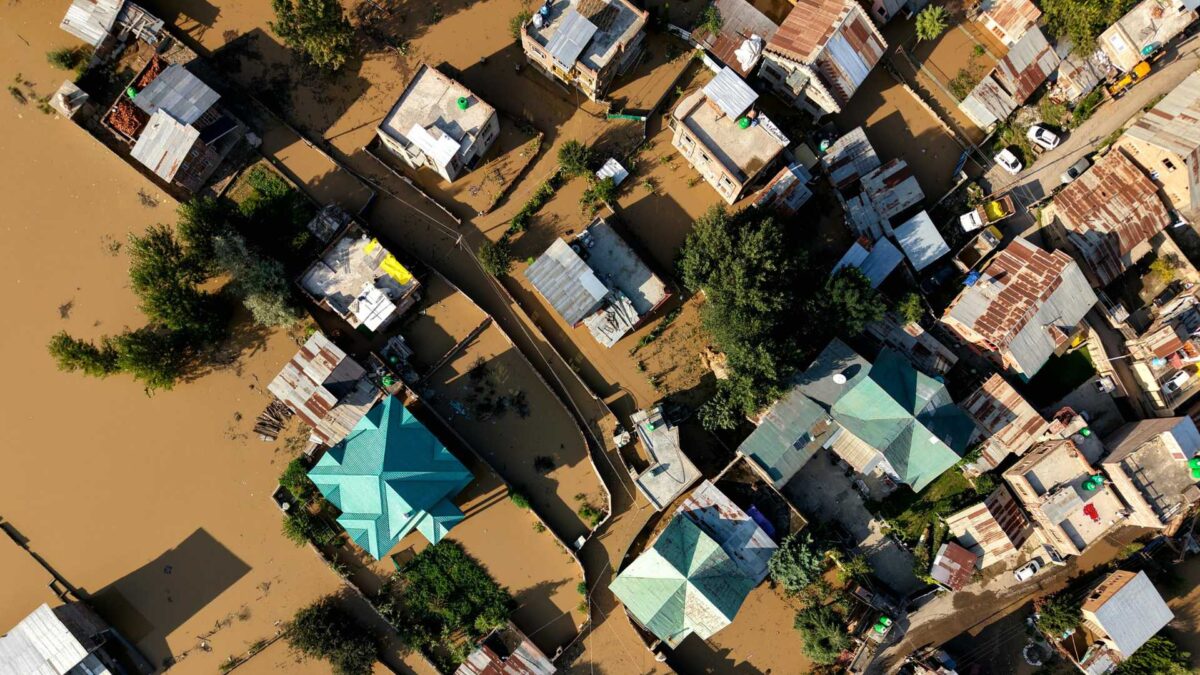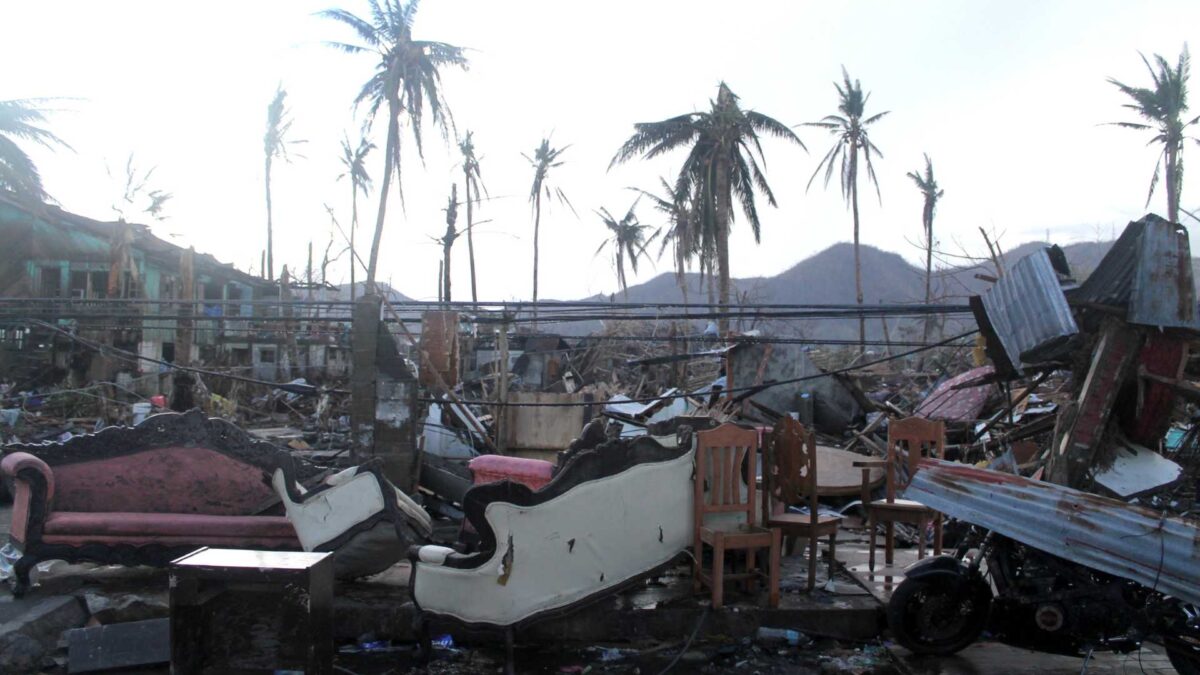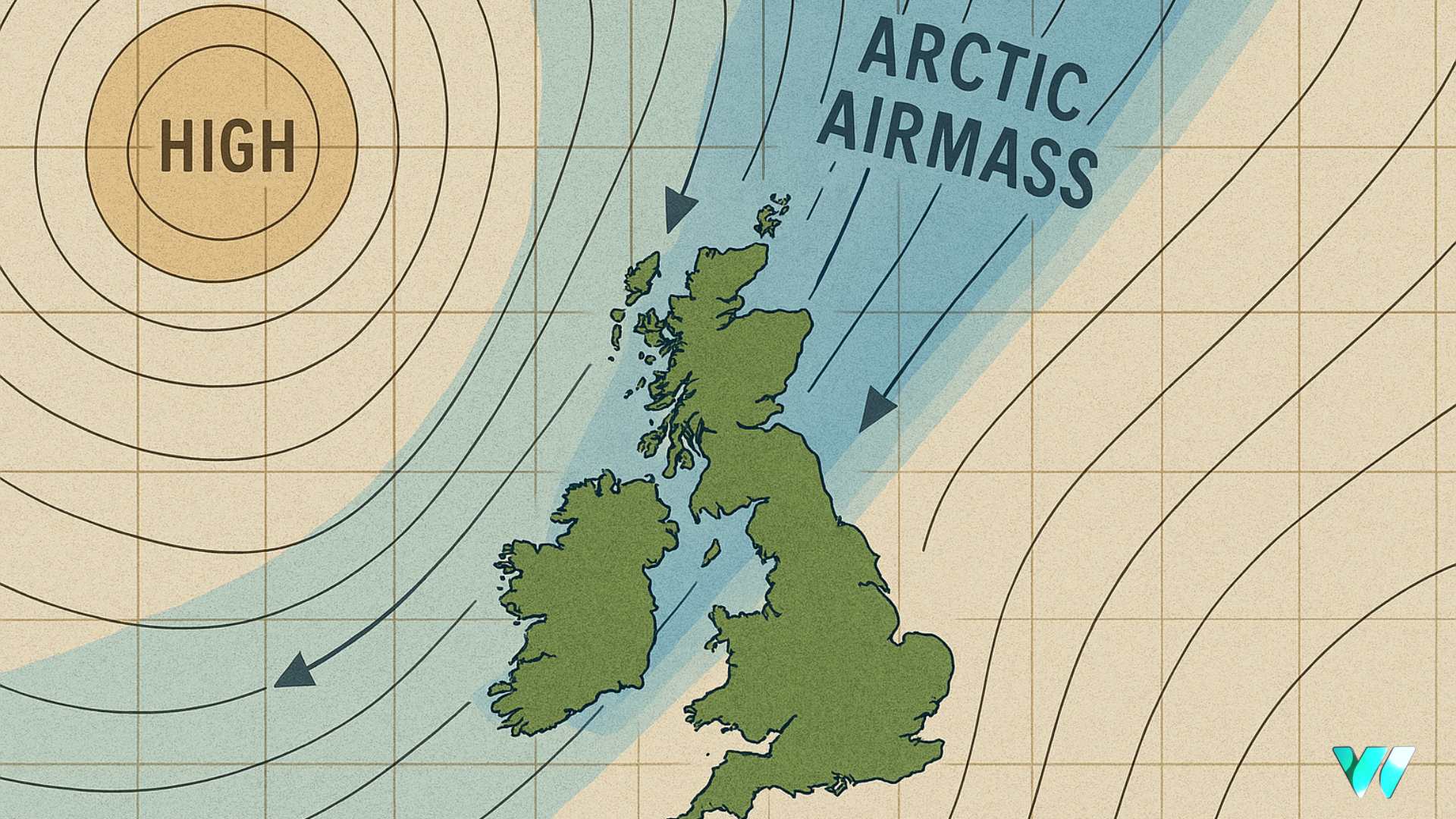
Major report warns planet approaching tipping points

Earth is approaching climate chaos, with 22 of 34 key planetary indicators now at record levels, according to a major new report published in the journal BioScience.
The 2025 State of the Climate report, co-led by Dr William J. Ripple of Oregon State University and Dr Christopher Wolf of Terrestrial Ecosystems Research Associates, warns that accelerating warming and ecological overshoot are pushing the planet towards dangerous tipping points.
The study shows that 2024 was the hottest year on record and likely the warmest in at least 125,000 years. Rising atmospheric carbon dioxide, ocean acidification, declining ice mass, and record levels of ocean heat and wildfire-related tree cover loss are all contributing to a rapidly destabilising climate. Extreme weather events have surged, including deadly floods in Texas, wildfires in California causing over $250 billion in damage, and Typhoon Yagi in Southeast Asia, which killed more than 800 people.

Ripple said without effective climate strategies, humanity risks overwhelming systems of governance, public health, and ecosystems. He warned that the planet is on a “fast track to climate-driven chaos” but stressed that it is still possible to limit warming with urgent action.
The report outlines key strategies to curb emissions and build resilience. Expanding renewable energy from solar and wind could supply up to 70 per cent of global electricity by 2050. Protecting and restoring ecosystems such as forests, wetlands, peatlands, and mangroves could remove or avoid 10 gigatonnes of carbon dioxide per year, equivalent to roughly a quarter of current annual emissions. Reducing food loss and waste and shifting towards plant-rich diets could also substantially lower emissions.
The study highlights the role of social and political action in shaping climate outcomes. Sustained, nonviolent movements can shift public norms and influence policy, even in the face of political gridlock. Ripple said that the costs of mitigation are far lower than the economic damages already being inflicted by climate-related disasters.
The report also warns of the weakening Atlantic Meridional Ocean Overturning Circulation, which could trigger abrupt climate disruptions, affecting regional weather, agriculture, and water security.
Authors emphasise the need for transformative and equitable action, including reducing overconsumption by the wealthy and embedding climate resilience into national defence and foreign policy.
Other contributors to the report include Michael Mann of the University of Pennsylvania, Johan Rockström of the Potsdam Institute for Climate Impact Research, Chi Xu of Nanjing University, Sarah Perkins-Kirkpatrick of the Australian National University, and Emily Shuckburgh of the University of Cambridge.
The authors conclude that swift, coordinated action can still avert the worst impacts of climate change and provide immediate benefits for communities and ecosystems worldwide.







